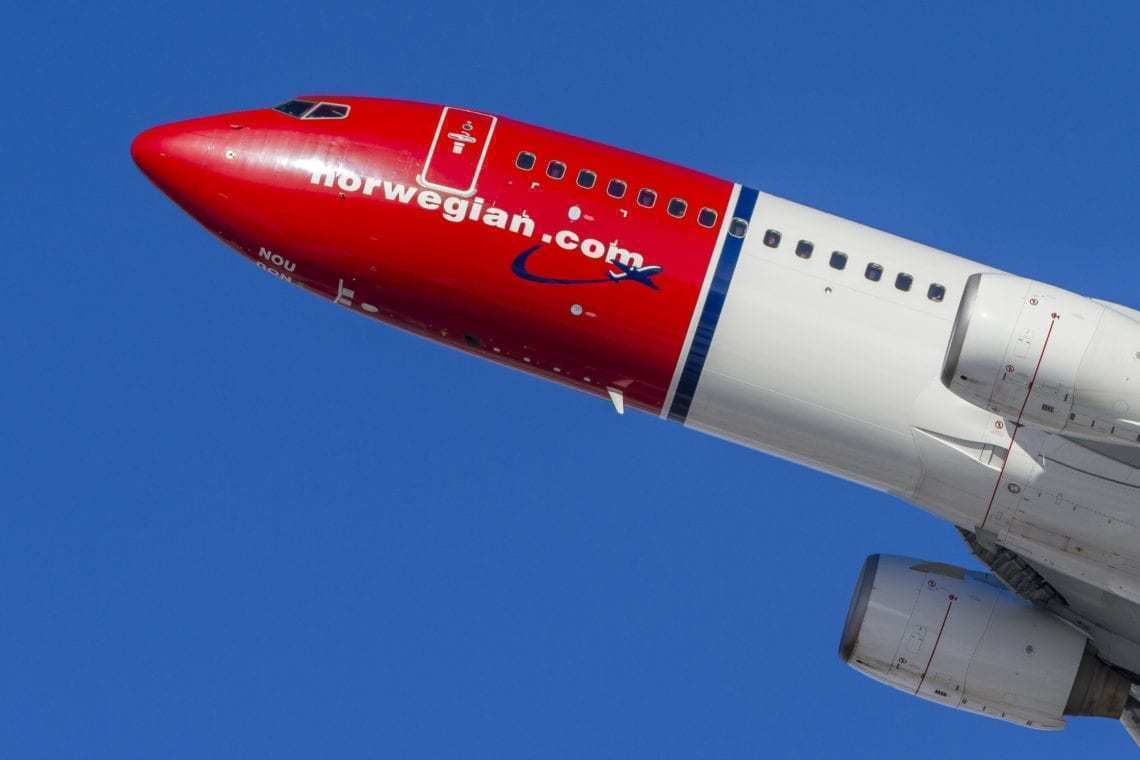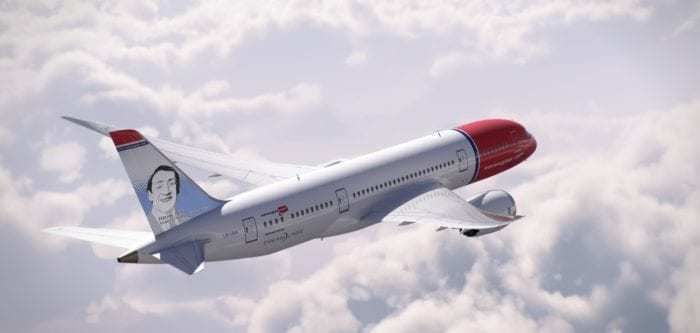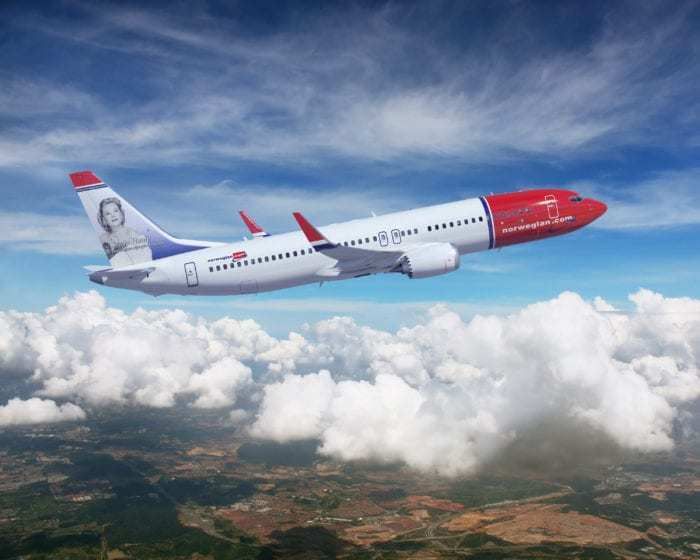On the surface many might think that the airline Norwegian is simply an airline based in Norway. Although this may have been the case when it was founded in 1993, the company and brand has grown to include eight subsidiary companies registered around Europe and as far away as Singapore and Argentina!
In fact, 'The Norwegian Group' consists of the parent company, Norwegian Air Shuttle ASA, and according to its website, also has directly or indirectly owned subsidiaries in Norway, Sweden, Denmark, Finland, Ireland, Spain, the United Kingdom and Singapore. The group also owns Norwegian Air Argentina - its low-cost subsidiary in South America.
Founded in 1993, the parent company started as a small domestic carrier serving Norway's west coast. Finally seeing profitability in 2005, the airline then established its first foreign subsidiary in 2006 in Warsaw, Poland.
"[Other airlines] approach the oceans as a source of protection from competition at home. We have embraced the changes in the industry across all our routes and five years after our first transatlantic flight between Oslo and New York, we have given millions of travellers on both side the Atlantic the opportunity to see another continent at an affordable price." -Bjørn Kjos, founder of Norwegian
The subsidiaries
At the upper level, the Group's commercial airline activities are organized under the parent company Norwegian Air Shuttle ASA (NAS), which is based in Fornebu, Norway. Just below this are fully owned subsidiaries such as:
- Norwegian Air International Ltd. (NAI) based in Dublin, Ireland,
- Norwegian UK (NUK) based in London, United Kingdom
- Norwegian Air Norway AS (NAN) based in Fornebu, Norway
- Norwegian Air Argentina SA (NAA)
Each of these entities holds an Air Operators Certificate (AOC) in their respective locations. On the ground, Norwegian's commercial airline activities operate through bases across Europe, the US, Asia, the Caribbean and Argentina.
Things get more complicated if you keep digging. In fact, checking out Page 81 of the parent company's 2018 annual report, there are almost 60 subsidiary companies registered and 100% owned by Norwegian Air Shuttle ASA. These separate legal entities range from commercial airlines to cargo-handling services, holiday packages, and even its reward program. These are all registered in various countries. However, Dublin, Ireland seems to be the most common location.
Why all the subsidiaries?
"Norwegian cleverly, albeit unethically, exploits social laws from all over the world with no loyalty whatsoever to a flag — in this case the Norwegian flag." -Neil Johnson
According to a Medium.com article, Norwegian Air Shuttle is able to minimize costs by registering subsidiary companies in the countries it operates in. This allows the country to control its costs and, at the same time, circumvent laws - particularly in Norway.
In fact, the Journal reported that SAS (also registered in Ireland) publicly acknowledged that the cost advantage of an Irish AOC would come from lower social security expenses and taxes.
In 2014 Emmanuel Jahan, the Chair of the European Sectoral Committee of Social Dialogue for Civil Aviation wrote a letter to the new European Commissioner for Transport. In the letter, he wrote of Norwegian's Irish subsidiary, saying that,
“This Irish AOC’s main effects are: to circumvent Norwegian labour law, to avoid paying any social charges in Norway or any EU country, and to fictitiously base its pilots in Thailand (Bangkok) — employed by a temporary work agency in Singapore”.
Conclusion
Norwegian's corporate structure is certainly a complicated one. In setting things up the way that it has, it is able to take advantage of lower tax rates and pass those savings on to travelers. However, looking at the big picture, it also allows the Norwegian 'empire' to expand and offer its services domestically in various countries - such as in Argentina.
In fact, this way of doing business is not unique to just Norwegian or SAS (mentioned above). Air Asia's corporate structure has different airlines setup throughout the Southeast Asian region. British Airways actually has over 30 subsidiaries listed in its annual report - some registered in popular tax havens like Jersey and Bermuda.
What do you think of this set-up? Are there any other advantages to this corporate structure that we didn't mention? Let us know by leaving a comment!



